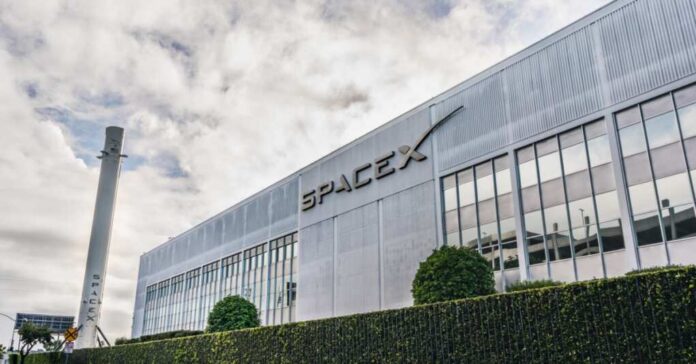
In a development that’s as shocking as a sunny day in California, visionary entrepreneur Elon Musk, with his usual dramatic flair, announced he’s packing up his toys and moving his companies, X (formerly Twitter) and SpaceX, from the so-called paradise of California to the “promised land” of Texas. This hasty exit follows California Governor Gavin Newsom’s latest stunt: a bill banning parental notification for gender change requests from K-12 students.
Musk expressed his frustrations in a post on X, declaring, “This is the final straw. Because of this law and the many others that preceded it, attacking both families and companies, SpaceX will now move its HQ from Hawthorne, California, to Starbase, Texas.” Musk further revealed that he had already warned Governor Newsom about the looming exodus of families and businesses if such laws were passed.
Less than 20 minutes after Musk’s initial announcement about relocating SpaceX, Musk followed up with the news that X’s headquarters would also be relocated to Texas. This decision marks a significant shift for both companies, which have long been pillars of California’s tech and aerospace sectors.
The new law, which has sparked considerable debate, was supported by California Attorney General Rob Bonta. It prevents school districts from mandating that schools notify parents about students’ requests to change their gender-related records. This legislation followed guidance from the California Department of Education, which instructed public schools not to disclose such information to parents.
In response, some school districts in California implemented their own rules to ensure parents are notified if their children request to change pronouns, adopt a new name, or use facilities designated for the opposite gender. Bonta has supported lawsuits against these districts.
The reaction to Musk’s announcement was swift and varied. CalMatters reporter Alexei Koseff underscored the personal and professional history between Musk and Newsom, shaped by past meetings and personal experiences. This history includes significant moments like the joint announcement of a Tesla engineering headquarters in Silicon Valley and personal developments such as Musk’s transgender daughter cutting ties with him two years ago.
Adding to the chorus of voices, investor and entrepreneur Jason Calacanis, co-host of the All-In podcast, echoed Musk’s sentiments, announcing his plans to leave California. This departure of prominent figures and companies signals a potentially destabilizing trend for California’s economy.
SpaceX, recently valued at an impressive $200 billion, and X, with a valuation of $12.5 billion, are both major contributors to the economy and influential players in their respective industries. While both are privately owned and thus not listed among Fortune 500 companies, their financial impact is undeniable. California has long been the leader in the nation, with 47 Fortune 500 companies. However, Texas and New York have now caught up, each home to 52 such companies. On a per-capita basis, Texas boasts 12.4% more Fortune 500 companies, and New York has 71.5% more than California.
The continued migration of high-profile individuals and businesses could challenge California’s economic supremacy. With its favorable business climate, lower taxes, and less stringent regulations, Texas has become an increasingly attractive destination for businesses and entrepreneurs seeking a more supportive environment.
This significant shift underscores the broader national debate over parental rights, educational policies, and the regulatory environment for businesses. As more companies and individuals reconsider their ties to California, the state may face ongoing challenges in maintaining its status as a premier economic powerhouse.
California went from a surplus to a huge $26.7 billion dollar deficit in less than three years. Losing corporations of the caliber of SpaceX and X will undoubtedly impact California’s economic outlook. Beyond the direct revenue contributions of Musk’s enterprises, their departure threatens the substantial employment opportunities these corporations bring to the state.
Musk’s decision will also likely have implications across California’s various sectors, influencing other businesses contemplating similar moves.
